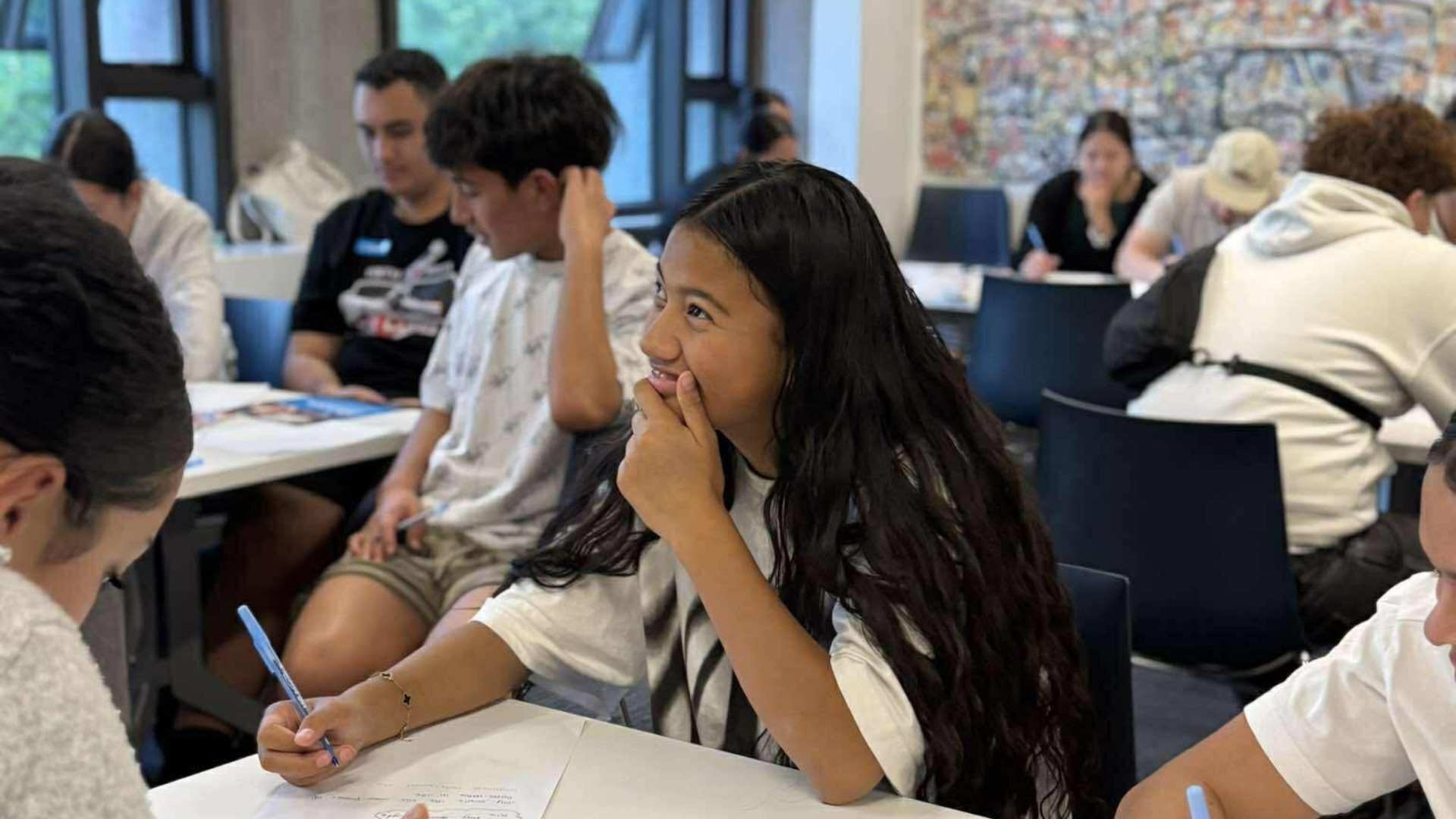Post-colonial Studies
Term 1
TTh, 12:30 – 2:00 p.m.
In his review of We Need New Names, Nigerian writer Helon Habila reproaches Zimbabwean writer NoViolet Bulawayo for “performing Africa” and succumbing to “poverty porn” in her novel. Habila implies that the book was written to appeal to a non-African reading public with a limited set of expectations for work by an author from Zimbabwe. The review places the novelist in the position of having to wrestle with what Chimamanda Ngozi Adichie calls the “danger of a single story.” Habila’s ungenerous reading of Bulawayo’s work misses both the novel’s cutting political critique and its situatedness in a state of crisis. In short, he reads it out of context. Habila’s review also raises important questions about how stories travel and what happens when they land. In this course, we will read literature from Southern Africa in historical, literary, and cultural contexts. Within the framework of the literary economy, we will consider how literature is produced, received, and circulated globally. In the process of historicizing literature from South Africa, in particular, we will look at the role creative writing played in fighting apartheid policies and the role it continues to play in the post-apartheid nation. Examining a series of novels and plays alongside ideas and theories about the literary economy, we will also consider issues of class, gender, globalization, cosmopolitanism, language, diaspora, terrorism, sexual violence, and the environment—in short, many of the key issues in literature today.


